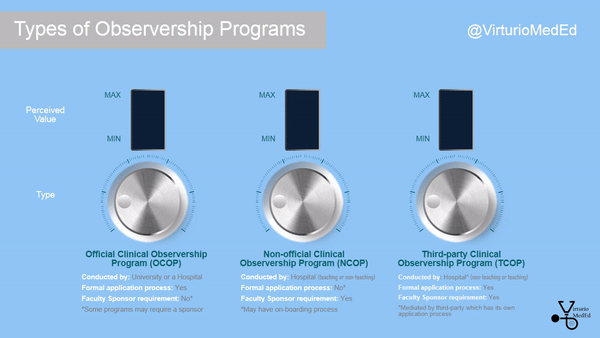Virtual Residency MATCH Season; How to Adapt to the Changing Landscape?
The COVID19 pandemic had an immense impact on medical education. Medical schools limited the in-person clinical rotations of medical students, and hospitals canceled the electives rotations. This disrupted the learning process, and medical schools were quick to develop some online alternatives to in-person experiences. Association of American Medical Colleges (AAMC) recently released a position statement …
Virtual Residency MATCH Season; How to Adapt to the Changing Landscape? Read More »


